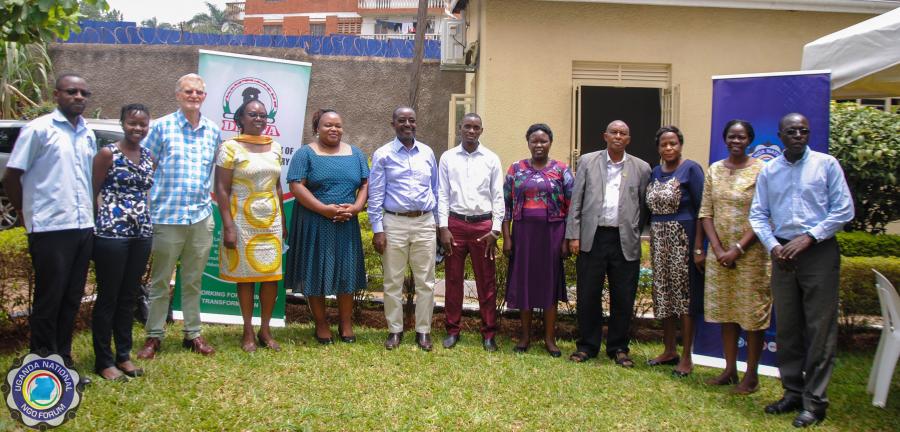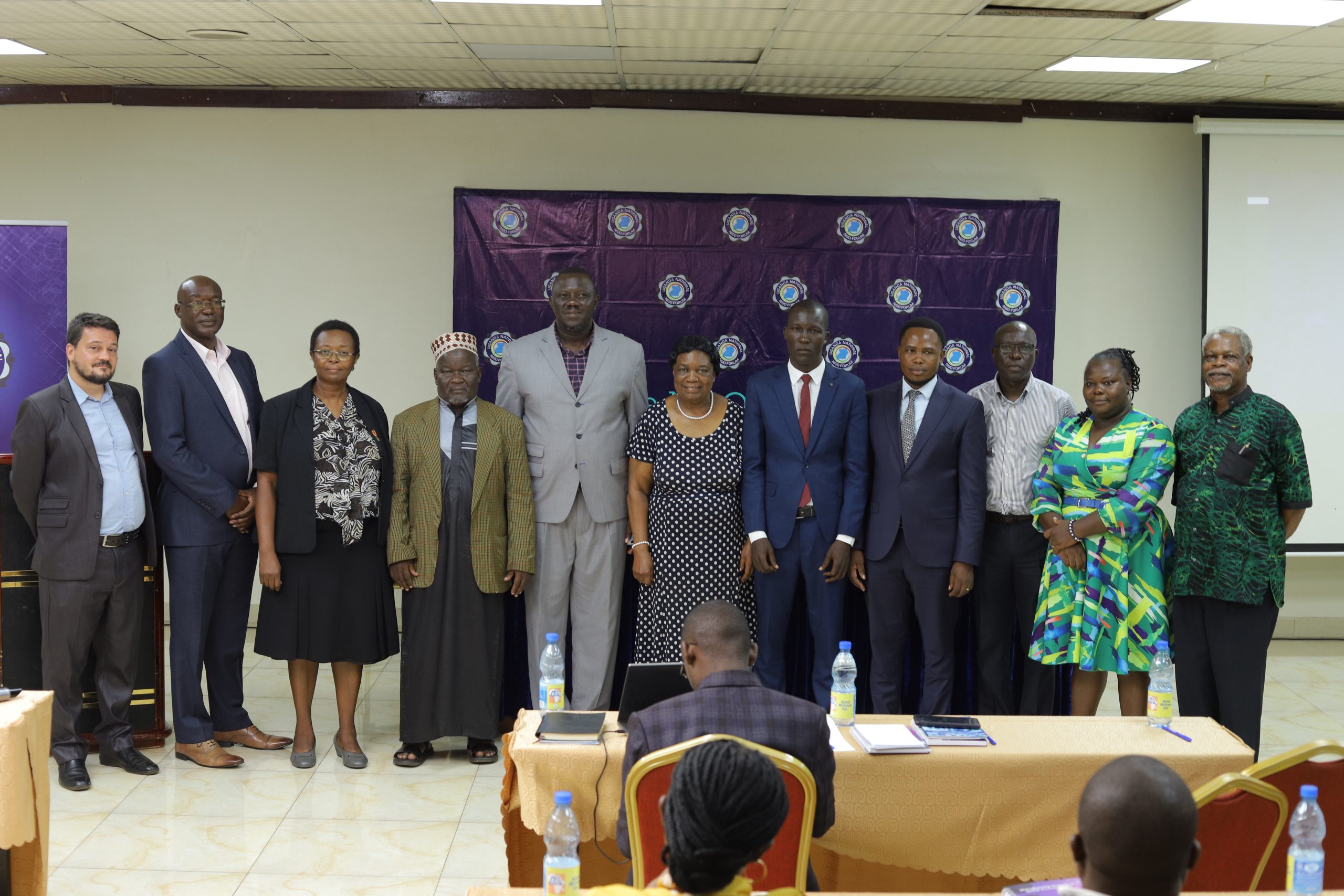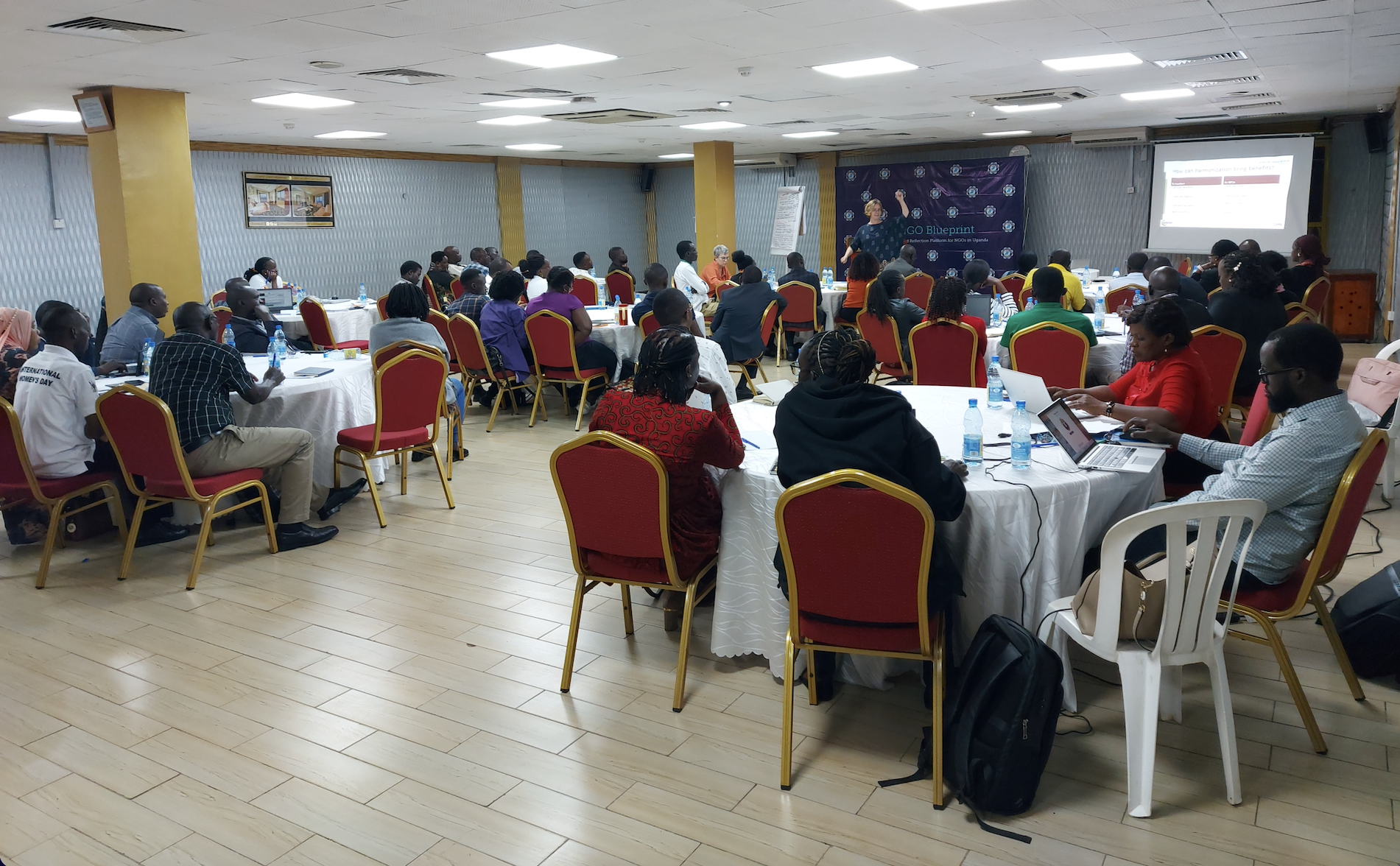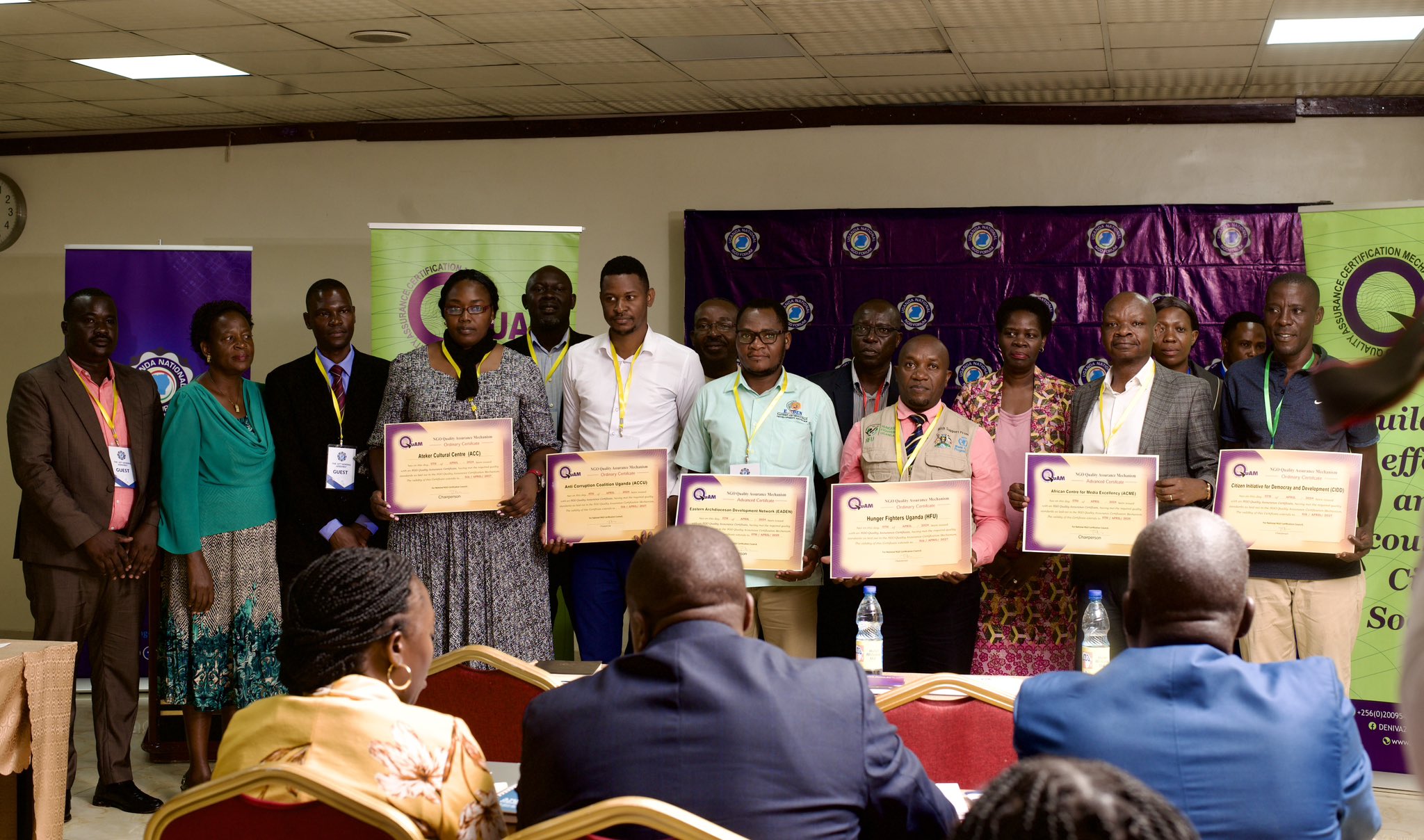
NGO Self-Regulation (QuAM) crucial for Organizational Learning and Sustainability
UNNGOF appreciates the fact that the NGO regulatory framework in Uganda has continued to evolve and most NGOs may not be moving at the speed that the regulatory systems and frameworks are – resulting in a number of them being caught off guard in terms of regulatory compliance. The sector also continues to face numerous attacks and threats from government agencies and officials in various forms and these have manifested in various ways such as negative narratives about the sector, stringent requirements and timelines demanded by the regulator.
There are a number of laws that have been passed that can be used to curtail the operations of NGOs. This requires a surgical analysis of the compliance and adherence by NGOs to the broad spectrum of regulatory systems and controls.
UNNGOF also appreciates that some NGOs have corporate challenges which ultimately lead to breaches of regulatory compliance. These challenges range from how the boards are constituted, who is constituting them, how they are run, to relationships between the organs of the NGOs, external relationships, and program development practices which can breed legal challenges. In preparation for compliance with the Government regulations, UNNGOF believes NGO self-regulation using the QuAM Initiative can provide an opportunity to prepare NGOs for the broader compliance task ahead.
On 22nd February 2022, UNNGOF hosted the QuAM council to an orientation session on the origin of the mechanism, its justification and secure their recommitment to champion the ambition QuAM sets out to achieve in enhancing sector legitimacy and relevance.
Attended by QuAM Council members and representatives from the promoters i.e. DENIVA and UNNGOF, the orientation session was facilitated and informed by expert knowledge from Mr. John De Coninck, who was pivotal in the formulation of QuAM between 2003-2006. This gave participants an opportunity to appreciate the QuAM journey, learn from what is working and not working within the current context.
Despite the fact that QuAM was initiated by NGOs for themselves, their zeal to subject themselves to self-regulation or scrutiny as they demand of others is still lacking. For several years, the numbers of NGOs undergoing the QuAM process has been minimal however looking at the current restrictive operating environment, NGOs must embrace self-regulation(QuAM) as an internal strategy to facilitate learning and credibility. This ultimately prepares them for compliance with the government regulatory framework and contributes to sustainability.
QuAM is a precious initiative that will make our organizational culture people-centric and value-based for legitimacy, credibility, relevance and trust among the stakeholders we serve. Therefore, UNNGOF and DENIVA (QuAM promoters) will convene regional meetings this year (2022) targeting NGO leaders to discuss NGO self-regulation.
To learn more about QuAM, click here —- http://quamuganda.org/



